NOTICE: This post references card features that have changed, expired, or are not currently available
United announced today that they are making a long-expected yet still disappointing move in the direction of loosely revenue-based award pricing for some awards and are raising the prices of other awards (both on United metal and on Star Alliance awards).
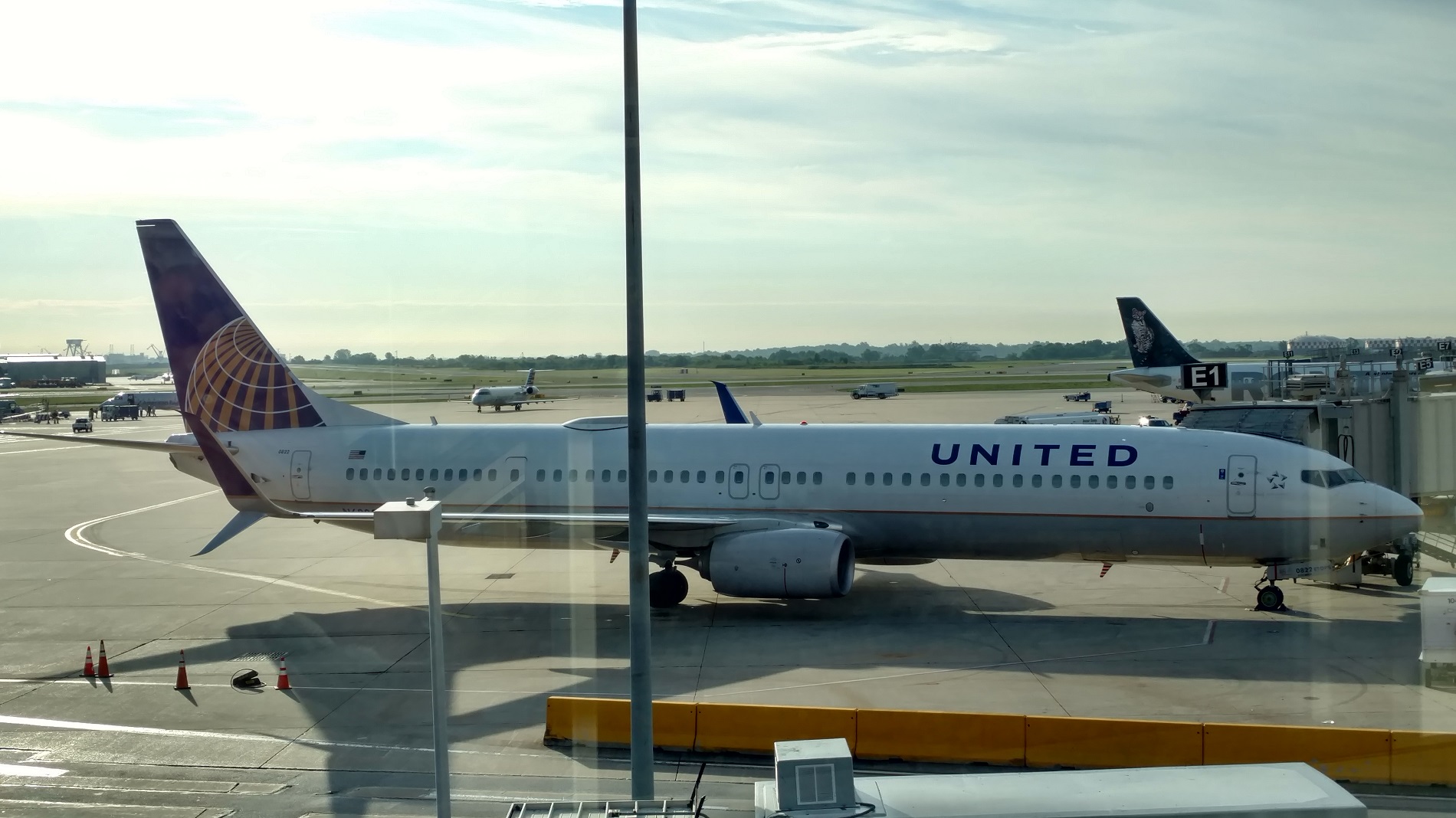
New “Everyday Awards” to replace “Standard Awards”.
Beginning November 1, 2017, they will offer new “Everyday Awards” in place of “Standard Awards”. These new Everyday Awards will feature variable pricing that will fluctuate in relation to cash ticket prices. One Mile at a Time reports some examples of the maximum end of the new Everyday Award pricing as it has been announced:
- Within the US & Canada: 25,000 miles economy, 50,000 miles business class
- Between the US & Europe: 70,000 miles economy, 155,000 miles business class
- Between the US & North Asia: 80,000 miles economy, 175,000 miles business class
- Between the US & Australia: 80,000 miles economy, 175,000 miles business class
Again, these awards are not replacing Saver Awards. Saver Awards will still (theoretically) exist. The new pricing will replace the more-expensive “Standard Award” prices. Initially, this doesn’t look so bad. The rates within the US and Canada match current standard award pricing. The prices above are maximums, and the number of miles required for an Standard Everyday award will fluctuate in loose relation to the cash ticket price. This means that some awards may be cheaper at the “Everyday” level, though time will tell whether they will raise the maximum levels. You can see the full list of “Everyday” award changes here.
Some “Saver” award prices increasing (moderately)
United also announced an increase in the price of some saver awards. Nobody likes a devaluation, but these increases are pretty mild.
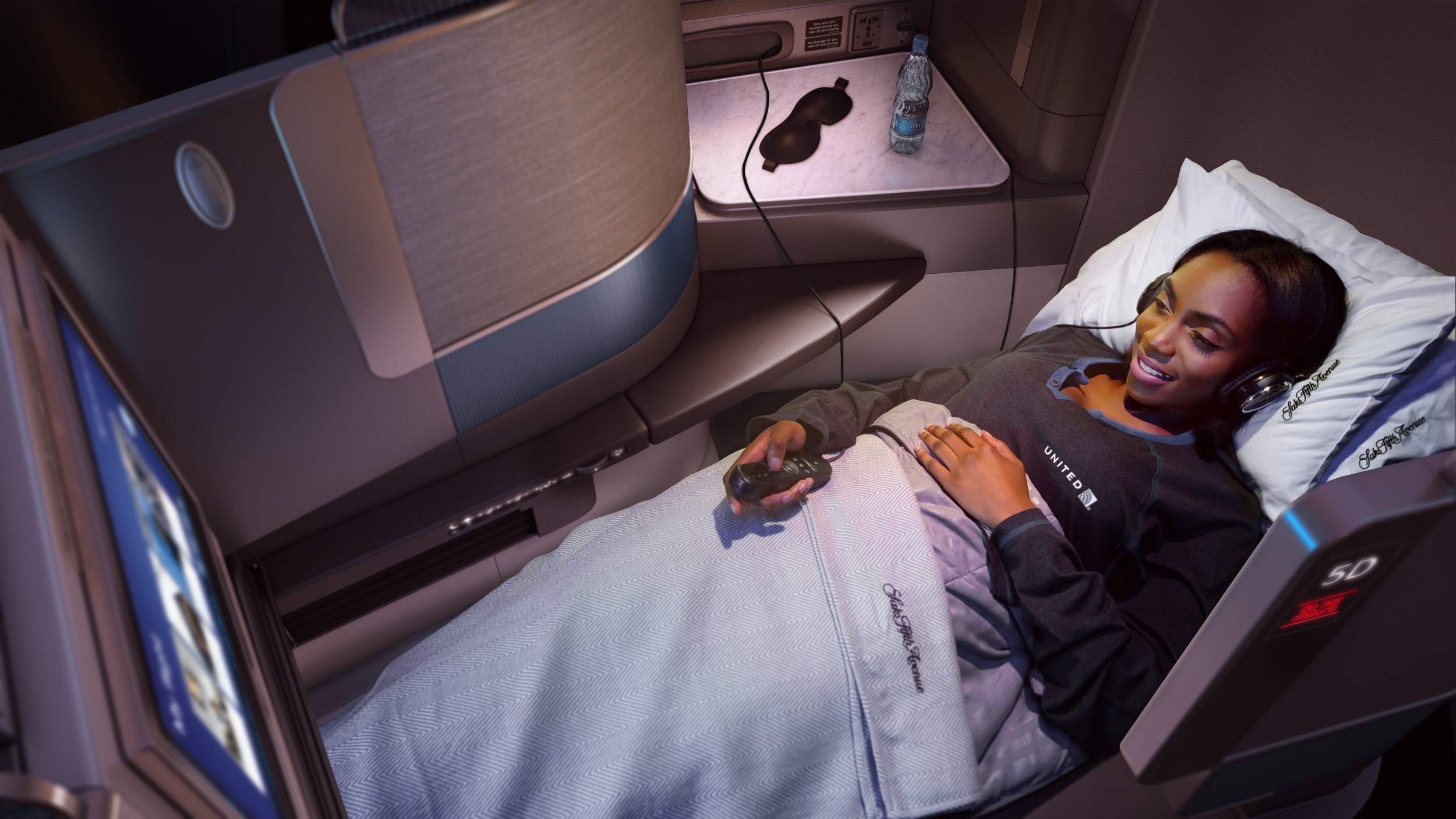
Here are the changes to one-way award pricing on United-operated flights:
- Premium business class awards within the US & Canada are increasing from 25,000 miles to 35,000 miles (includes Newark to Los Angeles or San Francisco and Boston to San Francisco)
- Premium business class awards between the US mainland & Hawaii are increasing from 40,000 miles to 50,000 miles (includes Newark, Dullars, Houston, Denver, and Chicago to Hawaii)
- US to Europe awards in United business class are increasing from 57,500 miles to 60,000 miles
- US to Southern South America awards in United business class are increasing from 55,000 miles to 60,000 miles
- US to South Asia awards in United business class are increasing from 70,000 miles to 75,000 miles
- US to Australia/New Zealand awards in United business class are increasing from 70,000 miles to 80,000 miles
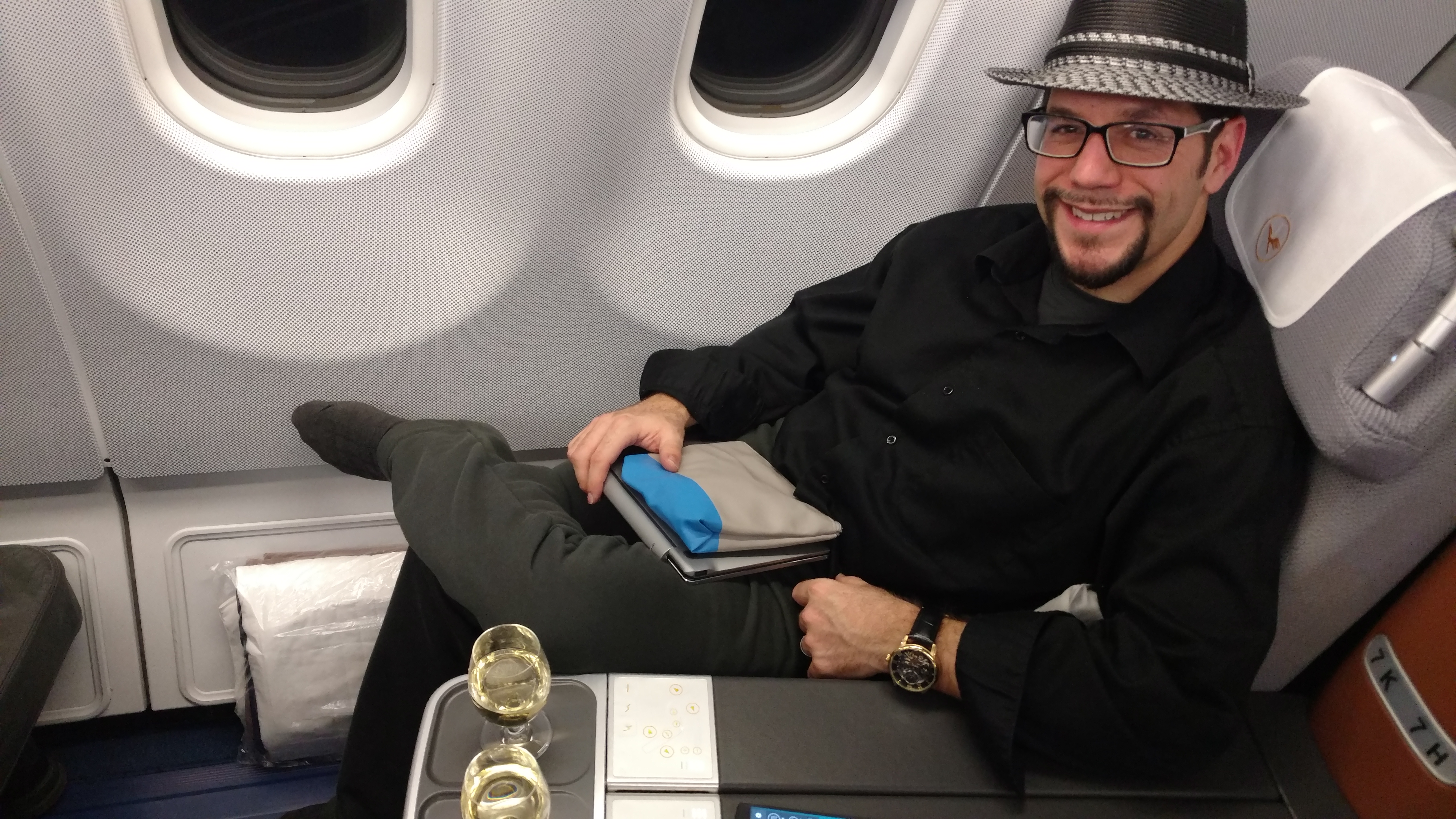
And here are the changes to Star Alliance-operated awards:
- US to Southern South America awards in Star Alliance business class are increasing from 55,000 miles to 60,000 miles
- US to Middle East/Central Asia in Star Alliance business class are increasing from 80,000 miles to 85,000 miles
- US to Australia/New Zealand awards in Star Alliance business class are increasing from 80,000 miles to 90,000 miles
- US to South Asia awards in Star Alliance first class are increasing in price from 130,000 miles to 140,000 miles
Final Thoughts
In addition to the above changes, United is instituting a $125 fee for no-showing an award flight. Overall, the changes aren’t that bad yet. The introduction of variable pricing on award tickets won’t yet affect most readers as the variable pricing only applies to what are now known as Standard awards and I imagine most of us are not booking Standard awards often. However, the introduction of this kind of semi-revenue-based pricing on standard awards is likely just a precursor to the same type of change eventually with saver awards. Thankfully, it seems that change is not yet upon us.
For more analysis on these changes, see One Mile at a Time and The Points Guy.



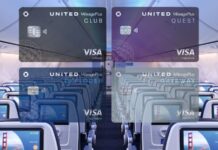
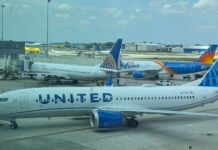
[…] a bit of a bummer (but less of a bummer than it could have been), United announced some coming MileagePlus changes that amount to a minor devaluation for now, opting for a baby step towards revenue-based domestic […]
Continued crap like this makes me focus on fixed redemption rewards points and cash back beyond sign up bonuses. You’ve got to play a stupid game of hopscotch to even find an award flight and when you do the value of those miles is rarely above 1.5 CPP. And no, your silly redemption one time for a first class flight you never would have paid for doesn’t count as a ridiculous redemption.
I hear ya on this, Chucks, but have to respectfully disagree with at least part of that from personal experience. My flights in SQ business class and SQ Suites were super fun and memorable, regardless of what I “would” have paid for them. Technically, I got >9 cents per point from the Suite awards, but even if one’d argue that’s a gross overstatement of value, I think most folks would gladly pay >2 cents per point for an experience like this 🙂
[…] additional information on the devaluation, you can see: Live and Lets Fly, View from the Wing, Frequent Miler or One Mile at a Time, or the official release by United. But here is my take on 4 of the worst […]
Hmm. Only in the airline world would price increases of up to 40% (!) be considered “pretty mild.” No offense, Nick, but I’d think it’d be a lot more realistic to call these changes “ranging from somewhat bad to downright awful, but not *quite* as utterly horrific as other recent devaluations.”
25k to 35k: 40% increase
40k to 50k: 25% increase
I mean, seriously. Can you imagine any other industry doing that?
Basically, this is pure greed / what the market will bear / the result of deregulation and minimal competition.
No offense taken at all — I appreciate your perspective and I don’t like to pay more than I have to for anything — whether it’s an award ticket or a pair of shoes. But on the other end of the spectrum, the increase in UA business class to Europe from 57.5K to 60K is a 4.3% increase, which I might guess closely mirrors inflation over the time period between when that award last changed and now. My point in that isn’t to say you are wrong (and believe me, I’d always rather pay fewer miles) but rather than we can cherry pick examples on both ends. But if we compare to other devaluations in recent years, most especially Alaska’s famed overnight Emirates devaluation (increases of 60,000 miles or even a hundred thousand miles on some routes overnight), 5K or 10K is fairly mild. With Chase Freedom and Ink cards still pretty easily earning 5X in many categories (and with you being a reader here, where we’ll alert you to opportunities to take advantage of them), I’d argue that a 5K or 10K devaluation in any Ultimate Rewards transfer partner is less significant than a similar devaluation in many other airline programs.
Don’t get me wrong — I don’t think the transcon service is worth 35K and I don’t imagine I’ll redeem 35K miles for that. Assuming that Singapore still has access to it as saver availability (I’m not sure on this), I hope we will continue to be able to redeem 20K Singapore miles for it. Same thing goes for Hawaii (the 40K–>50K example) as it was already 10K cheaper to use Singapore miles and it would now be 20K cheaper. However, if they cut off that availability from partners, I’d agree that the devaluation is more serious. Time will tell on that.
Good points, especially when this devaluation is looked at as something spread across multiple years. When restaurants raise their prices, for instance, I would assume they’re doing it gradually (or at least yearly).
And you’re right that I cherry picked some of the most awful pieces of this devaluation (in part because, well, I’ve appreciated flying those routes); this isn’t like SQ that basically had a 15%-baseline deval in one quick swoop .
Lastly, speaking of SQ… yeah, let’s hope SQ still has access to saver availability :).
*re higher points earning options… I’m conflicted. Yeah, some cards do have nice bonus-earning categories. Bank Direct still gets me 60K AA miles yearly for $144 in fees.
But on the other hand, Chase now has the 5/24 thing. Mileage run opps are far less prevalent than they were back in the day. And manufactured spend is much more challenging nowadays (which, to be totally fair, is a reasonable turn of events).
They’re mild in that most of the chart is untouched, and those that are changing are mostly in the 0-15% range. Frankly, a lot of the ones that are increasing substantially were considered good deals before, so they make sense (like the South Asia-Australia rate of 30k J / 40k F that was a steal for products like Thai F).
Also, it’s nice to see the new 8k saver price for partner intra-region non-stop flights of < 800 miles. Yeah, that's a lot of qualifiers, but it was always frustrating that a flight like FCO-FRA would cost 17.5k miles when cash prices are regularly in the low to mid $100s. Now at 8k it's actually worth considering.
Those are all good, fair points. I guess when some things are too good to be true for a while… :\
The information I have only says that “economy” Saver awards won’t go up. I like to book business so it looks like I’ll pay more….wait for it…..Everyday
Thanks for the post – I’ve never used award travel before at United. Was going to transfer Ultimate Rewards points for a flight to Germany. I’m seeing 30,000 saver award for travel, as well as other elevated levels…but no ‘standard awards’ what is that? Thanks!
NOT, not BOT
How can they charge you for BOT using a service that you’ve paid for…the no show fee for award tickets??? I’d be happy to fight that one in court. If I order carryout, pay for it over the phone, the charge goes thru, but I don’t pick it up, the restaurant didn’t lose money….I lost my food. The restaurant has no legal right to charge me for not picking up the food!
Perfect example
Well, the restaurant went through the effort and cost to make you the food, regardless of if you consumed it.
Yeah, but in this example you paid for the food.